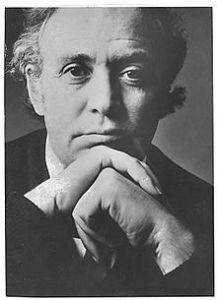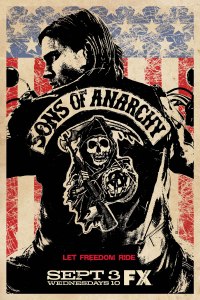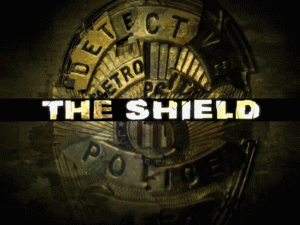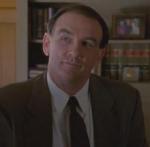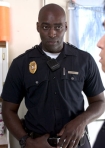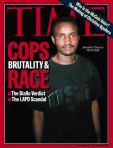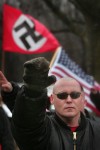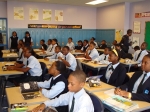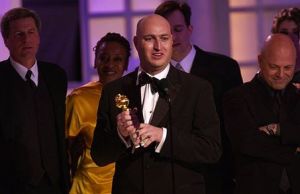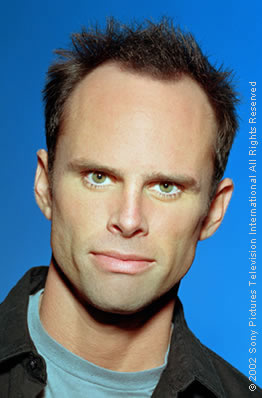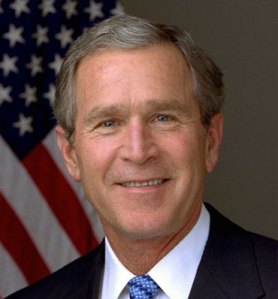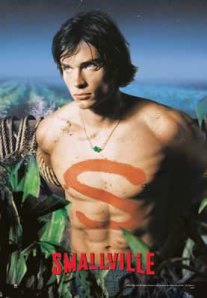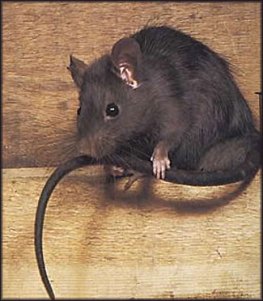After the Revolutionary War, our founding fathers were determined to never allow any form of government to oppress them as a people. 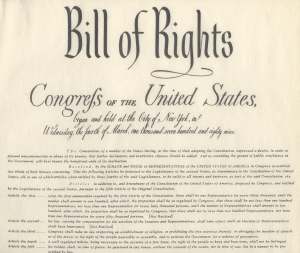 With the turmoil of the war, and the shadow of the British’s rule still lingering in the back of their mind’s, they set forth to give themselves and the other people of their new nation, rights that would protect their ideas and their newfound democracy. The 1st amendment on their list was the freedom of speech which stated that:
With the turmoil of the war, and the shadow of the British’s rule still lingering in the back of their mind’s, they set forth to give themselves and the other people of their new nation, rights that would protect their ideas and their newfound democracy. The 1st amendment on their list was the freedom of speech which stated that:
“Congress shall make no law respecting an establishment of religion, or prohibiting the free exercise thereof; or abridging the freedom of speech, or of the press; or the right of the people peaceably to assemble, and to petition the Government for a redress of grievances.”
I wonder though, if our founding fathers understood how weighted those word were. I wonder if they understood that this amendment not only protected their own ideas, but also the ideas of those who were against them. Judging from the numerous supreme court cases involving the freedom of speech that have proceeded over the passed centuries, I strongly doubt it.
Advocates of the 1st amendment often use the argument that democracy cannot exist if the government cannot be challenged. In order for the government to be challenged, however, the people need freedom of speech. The people need the right to protest and disagree with the powers that be.
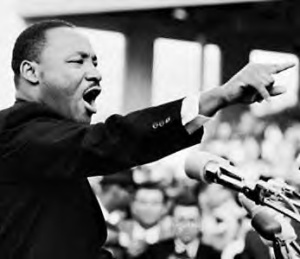
Most will assume that everyone shares the same ideals as Dr. King because his thoughts seem the most logical to them. This assumption is naive. Many people did not, and still do not agree with King, i.e the KKK. Do they also have a right to speak their minds?
It’s a swell idea, but what many advocates fail to realize, is that the freedom of speech also protects the ideas of everyone, including the racists, bigots, and all other forms of intolerant radical thinkers. The freedom protects the Martin Luthor King’s as well as the William Simmons (2nd founder of the KKK). We would like to believe that most people are good hearted, and know that ideas such as those shared by the KKK and other hate-groups are ridiculous and obscene, but to assume that everyone “knows” this is foolish and naive. It completely disregards the fact that people are subject to have different views on various issues.
If one truly believes in the 1st amendment, they have to accept this fact and allow it to take it’s course. One who is an advocate of free speech, cannot condemn or try to stifle another person’s speech no matter how obscene or indecent their protest may seem to them.
Martin Garbus is a true believer in the 1st amendment. The fact that he chose to defend a neo-nazi’s freedom of speech, even though he is a Jewish man, proves this. I strongly doubt that Mr. Garbus agreed with the views of the neo-nazis, but rather that he took the case to prove a point. It is for this point that the nazis must be allowed to march. The freedom of speech cannot be restricted from anyone who wants to express their opinion no matter how indecent the opinion may look to us.
Indecency cannot fully be defined and what is considered indecent is different for everyone, therefor it we cannot put restrictions on things we think are “indecent”, because that will only allow for other opinions that are deemed “indecent” to be censored. The neo-nazi must be allowed to march, because these terms cannot be defined. Any form of restriction allows for any and everything to be restricted also.
As for taking the case, I doubt I would have done the same. Although I am logical thinker, I am also human, and I don’t think I could get passed my emotional attachment to the subject to defend a neo-nazi. That is why I commend Mr. Garbus for his professionalism, and dedication to his ideals.
